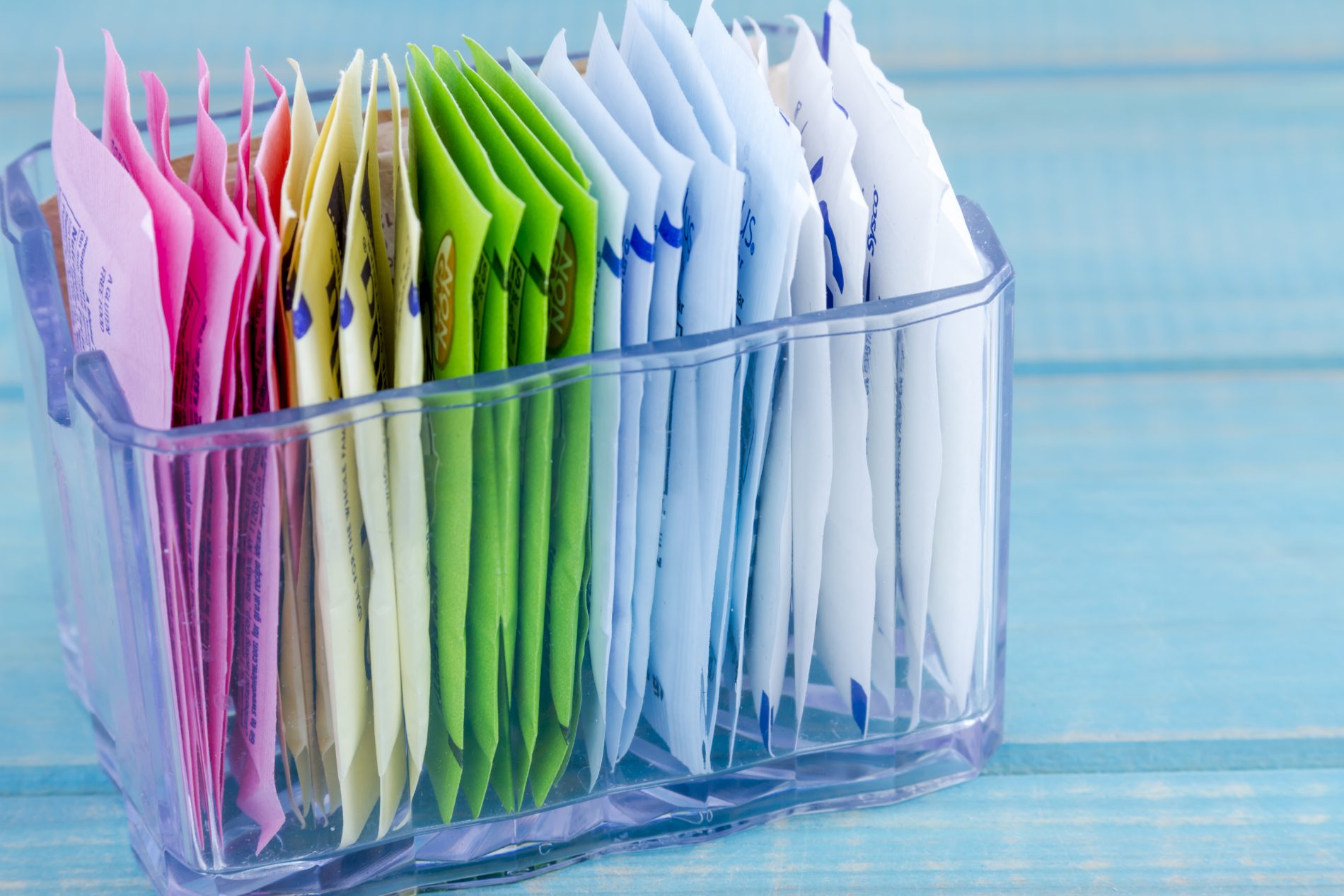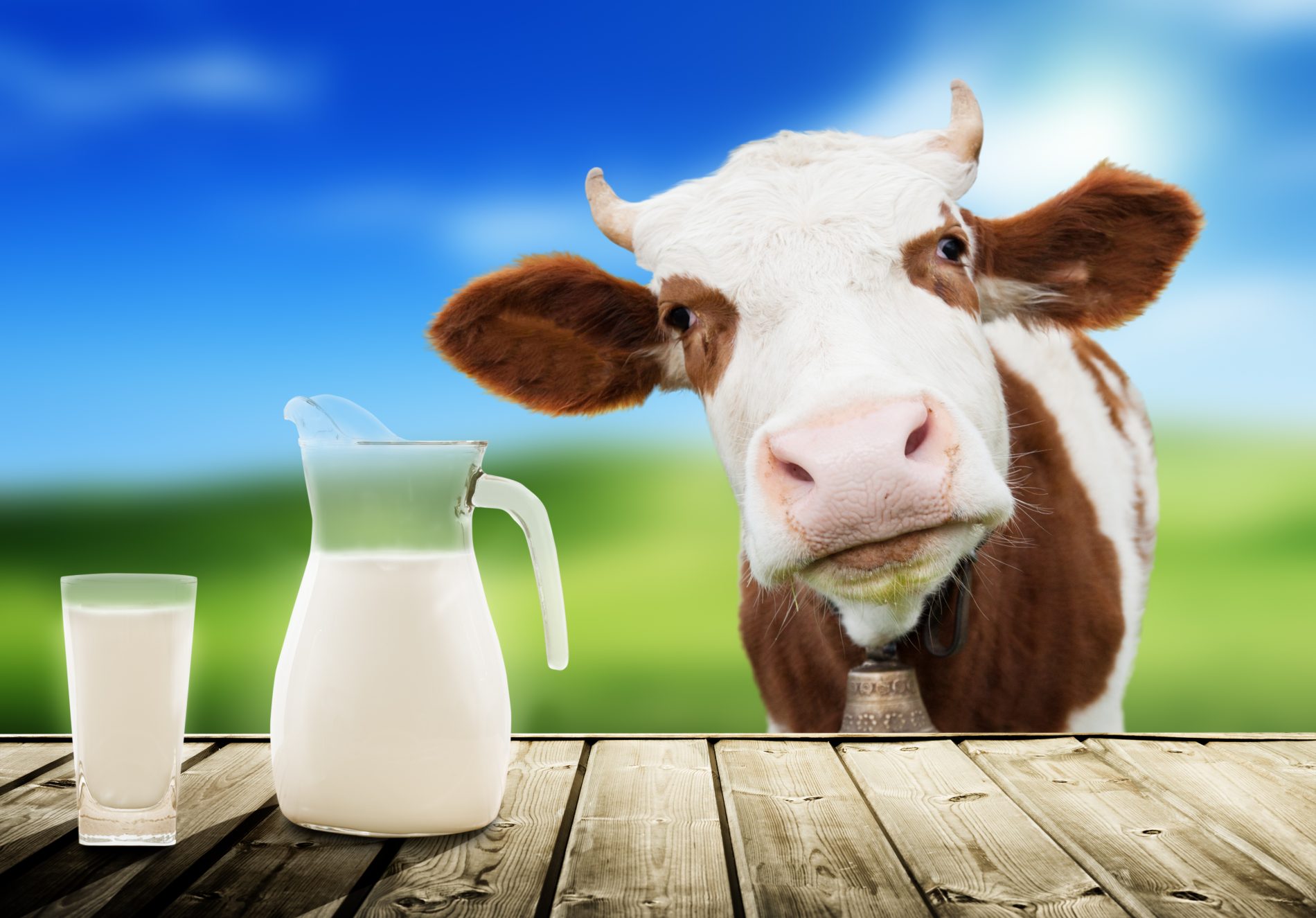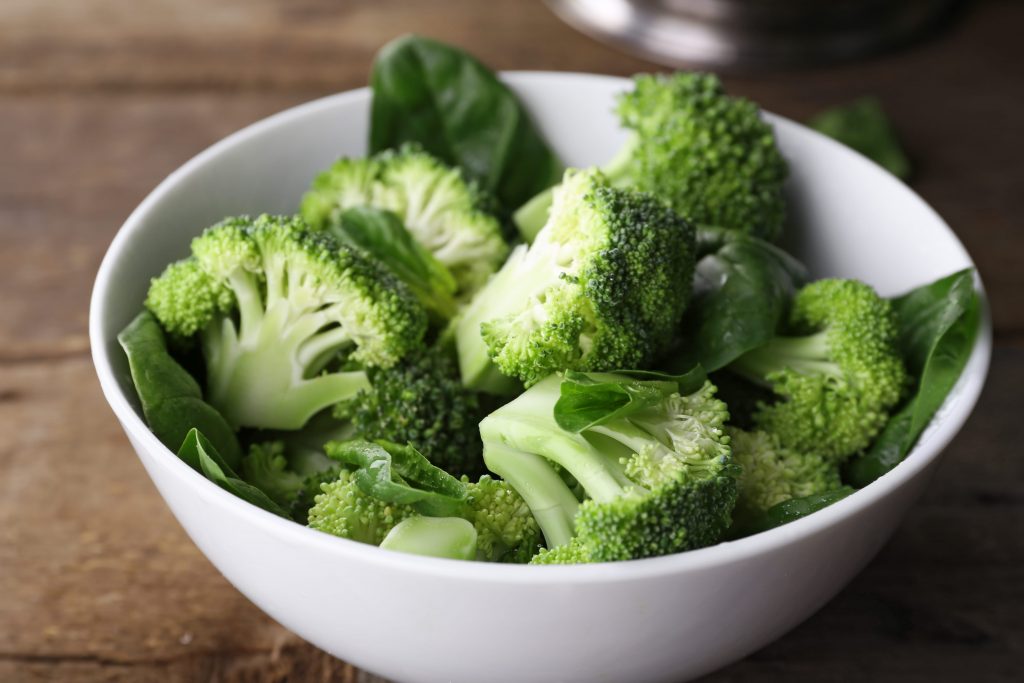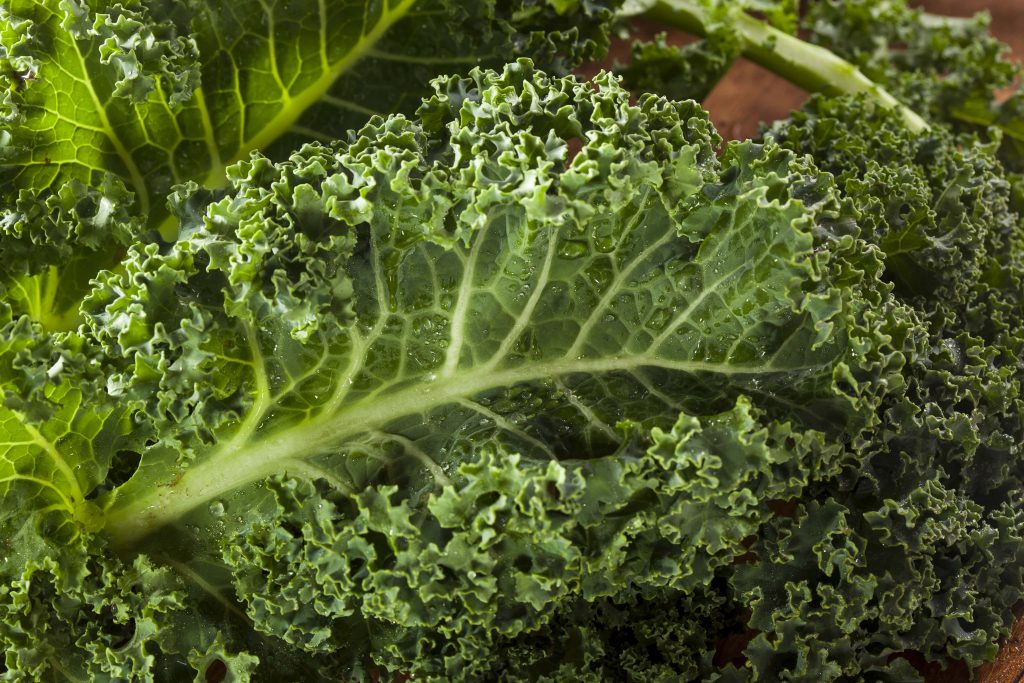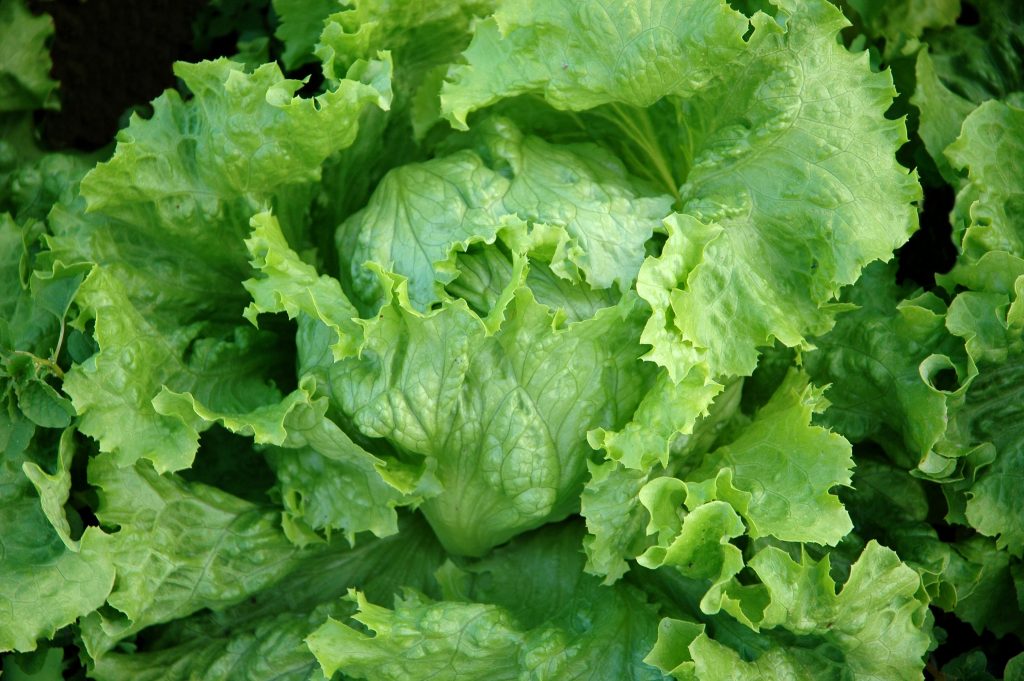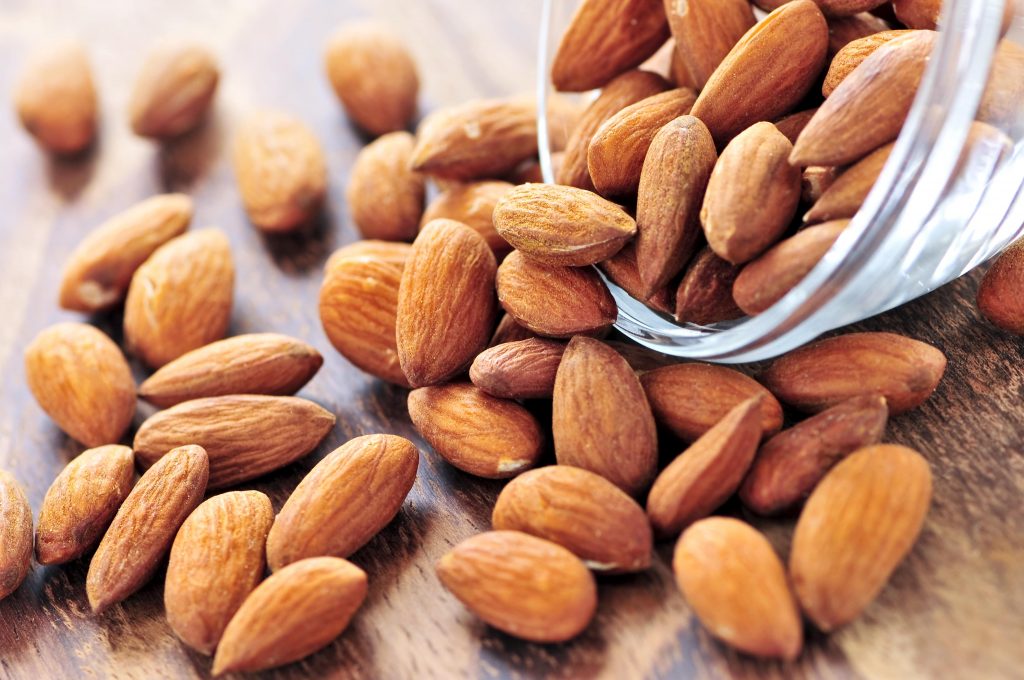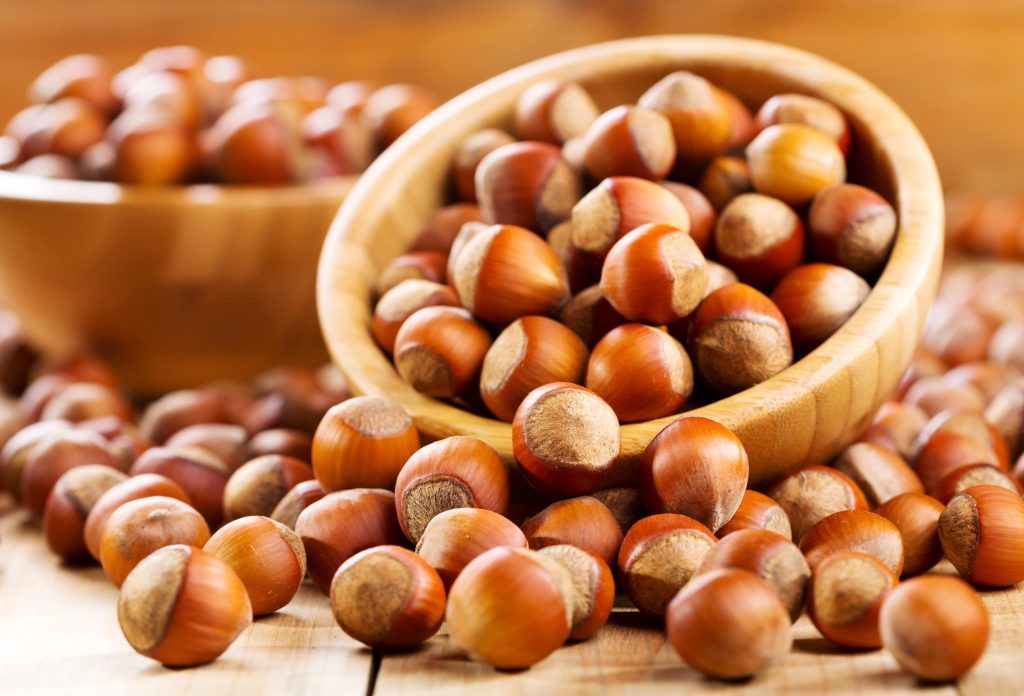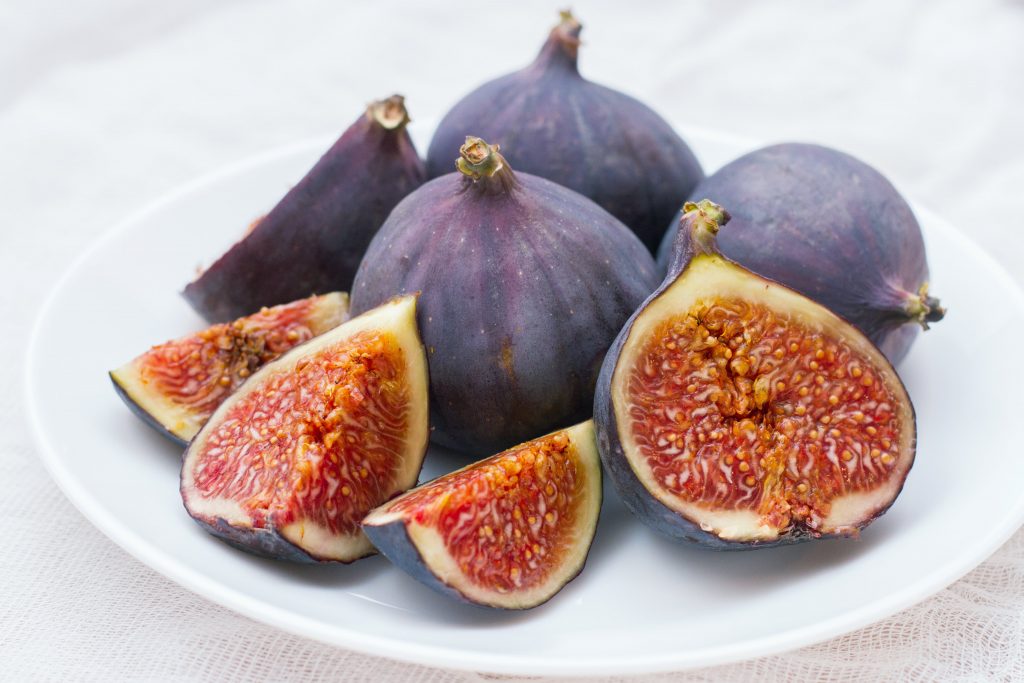This is one of the worst substances ever created in the laboratory. And it has been systematically added to our food supply for the last few decades.
This artificial sweetener is hiding in many of your foods and it is important to be diligent in reading labels to be sure you are avoiding it.
Aspartame is a neurotoxin – which means it actually chemically toxifies your brain cells to death with poison.
It is used as a sweetener in diet drinks, yogurt, gum, and many pre-packaged foods.
There is overwhelming evidence (over 900 studies) stating that it creates irreversible damage in the body, with over 92 known side effects.
You can imagine that it can be somewhat difficult to pinpoint the cause of your symptoms if you are unknowingly ingesting this sweet poison.
For example, some of the known side effects include epileptic seizures, aggression, heart palpitations, migraines, brain damage, hives, nausea and blindness. Also, multiple sclerosis, cancer, Parkinson’s, Diabetes, Alzheimer’s and brain tumours.
The side effects can either build up gradually over time, or can be an acute reaction.
According to Lendon Smith, M.D. there is an enormous population suffering from side effects associated with aspartame, yet have no idea why drugs, supplements and herbs don’t relieve their symptoms.
Are you being poisoned by Aspartame and don’t even know it?
You are being poisoned if you are using any of these products:
• NutraSweet, Equal, Spoonful, and Amino-Sweet
• Children’s Tylenol chewable tablets
• Centrum Jr. and Silver Vitamins
• Metamucil (sugar free)
• Some Flintstones vitamins
• Dimetapp
• Some Gerber hydration solutions
• All diet sodas
• Smucker’s sugar free products
• Kool-Aid
• Crystal-Light
• Jello
• Most brands of gum and mints
• Sugar free candies
• Some sugar free yogurts
• Some breakfast cereals and granola bars
• Most items that are labelled sugar free
There are many more products that aren’t on this list that also contain aspartame. It’s important to read the labels of everything you consume, to be sure you are not inadvertently poisoning yourself or your family.
Also look for anything that contains Asesulfame K or Acesulfame Potassium. They can also mimic aspartame and are sometimes used in conjunction with each other.
So how do you avoid Aspartame?
The easiest way to avoid aspartame is to eat real food. Shop in the perimeter of the grocery store and spend 90% of your time in the produce department. Choose foods that do not require a label. For example, an apple is an apple. It doesn’t need a label to identify the ingredients that are inside of the apple.
If you used to sweeten your coffee with an artificial sweetener, switch to real food!
Honey has amazing health benefits and tastes great. Pure maple syrup also contains a great deal of nutrition. Use these sugars sparingly, as they are very sweet and can add several calories to your beverage. However, those calories come with a lot of nutrition, and no matter what, they are SO much better than aspartame.
This is a very informative short video outlining the dangers of Aspartame and how to avoid it.
https://www.youtube.com/watch?v=TB6L9S_jc5E
With Sources from:
visit http://www.sweetpoison.com/aspartame-side-effects.html
http://articles.mercola.com/sites/articles/archive/2011/11/06/aspartame-most-dangerous-substance-added-to-food.aspx
Jo-Anne Richardson has almost a decade of experience managing a chiropractic office and educating patients on how chiropractic can allow your body to express optimal health. She is a Registered Holistic Nutritionist and holds a Degree in Communications. She loves to experiment with raw vegan recipes, loves to salsa dance, travel and learn new holistic health information to share tips with everyone who visits the office.

